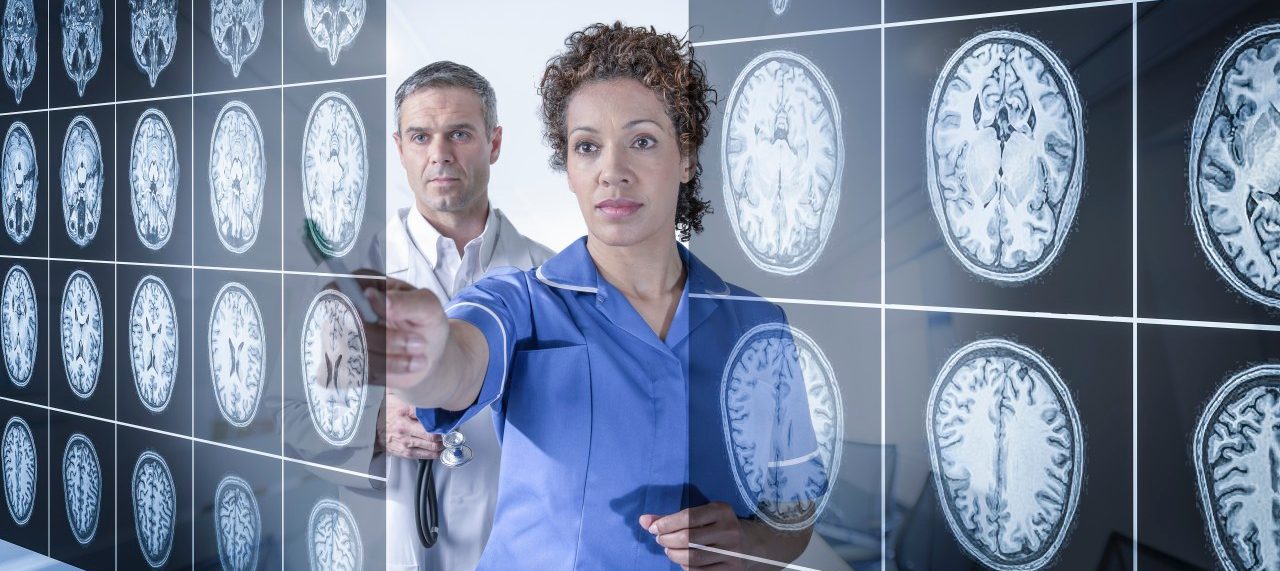A Link Between Concussions and Alzheimer’s?

There may be a link between traumatic brain injury, such as a concussion, and Alzheimer’s disease, especially if you have a genetic risk for the disease.
While it’s true having a family history of Alzheimer’s disease does raise your risk for this form of dementia, it doesn’t mean you are doomed to develop the memory-robbing disease. It’s likely interplay of environmental factors and specific genes determine if and when Alzheimer’s develops — so it makes sense to control lifestyle factors that may help keep your brain healthy.
For example, a number of studies have found regular exercise can play a role in fending off cognitive decline, and eating a diet rich in vegetables, especially green leafy vegetables and cruciferous vegetables like broccoli, may help, too, according to the National Institute on Aging. Now scientists have found something else that might prevent or delay Alzheimer’s, especially in people with a genetic risk for the disease — avoid concussions.
YOU MIGHT ALSO LIKE: How Do You Prevent Dementia? Avoid Prediabetes and Type 2 Diabetes
Concussion and Alzheimer's
Moderate-to-severe traumatic brain injury is one of the strongest environmental risk factors for developing neurodegenerative diseases such as late-onset Alzheimer's disease. To see if mild traumatic brain injury, a concussion, also increases this risk, Boston University School of Medicine (BUSM) researchers studied160 Iraq and Afghanistan war vets.
Some of the former soldiers had experienced one or more concussions, while others had never had this type of non-life threatening brain injury. When the BUSM research team imaged the volunteers’ brains with MRIs, they discovered some significant differences. Even though the young men had an average age of only 32, those who had experienced concussions had a measurable thinning in several areas of their cerebral cortex (the outer layer of the brain’s neural tissue) — changes potentially linked to the development of Alzheimer’s.
"We found that having a concussion was associated with lower cortical thickness in brain regions that are the first to be affected in Alzheimer's disease," said researcher Jasmeet Hayes, PhD, assistant professor of psychiatry at BUSM and research psychologist at the National Center for PTSD.
Although the study is relatively small and more research is needed, Hayes says the findings suggest brain atrophy caused by concussions may accelerate the memory loss of Alzheimer’s disease, especially when combined with genetic factors.
“These findings show promise for detecting the influence of concussion on neurodegeneration early in one’s lifetime,” said Hayes. “Thus it is important to document the occurrence and subsequent symptoms of a concussion, even if the person reports only having their ‘bell rung’ and is able to shake it off fairly quickly, given that when combined with factors such as genetics, the concussion may produce negative long-term health consequences."
Future research
The researchers hope future studies will zero in on how concussion-related brain changes may accelerate the onset of brain diseases such as Alzheimer’s — and potentially lead to new ways to slow or prevent dementia.
“Treatments may then one day be developed to target those mechanisms and delay the onset of neurodegenerative pathology,” Hayes explained.
What is a concussion?
A concussion, marked by a short loss of normal brain function, is caused by a blow to the head in an accident, while playing a sport that involves impact, or from falling and hitting your head. Symptoms can range from a headache or neck pain to nausea, dizziness, ringing in your ears, or feeling extra tired.
Although concussions aren’t life-threatening, several studies suggest repeated concussions can be particularly dangerous to the brain, according to the National Institutes of Health. In fact, NFL football players who have suffered repeated concussions are now known to be at high risk for dementia, including Alzheimer’s.
Of course, it’s not always possible in life to avoid all bumps to the head, but there are precautions to lower your risk for a concussion. For example, always wear your seatbelt in cars and wear protective gear for contact sports and when riding a bike.
YOU MIGHT ALSO LIKE: Early Bone Loss May Indicate a Risk for Alzheimer’s Disease
Updated:
March 03, 2020
Reviewed By:
Christopher Nystuen, MD, MBA